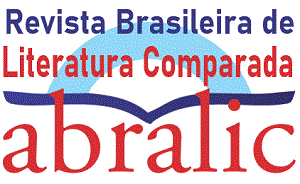ABSTRACT
Ariel, by the Uruguayan thinker José Enrique Rodó, was first published in 1900, written at a crucial moment in the history of the continent. This article focuses mainly on performing an analysis of the preparatory materials of the work, based on a research carried out in its archive, placed in the National Library of Uruguay. The analysis of those archives helped us to recover many readings and debates carried out by Rodó at the moment before the conclusion of the work. We could observe that the philosophical theories accessed by him were comprehended as mechanisms of connection between Europe and America. From each preparatory material of the work, we found a Rodó who wrote and rewrote his ideas in a meticulous way. Our attempt was to try to understand how, in the midst of this tangle of "loose drafts" and "diverse readings", we can merge and observe a philosophical interpretation of the American reality in the process of construction.
KEYWORDS:
José Enrique Rodó; Ariel's manuscripts; archive; Latin America; memory
